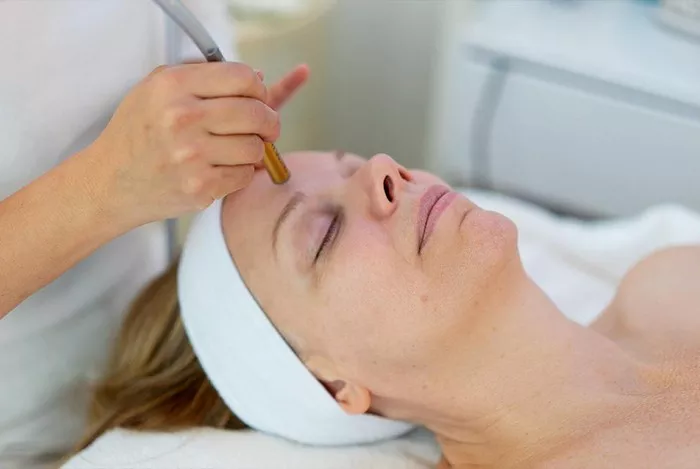Acne is a common skin condition that can affect individuals of all ages. It can be frustrating and distressing, leading many people to seek effective treatment options. One popular procedure that is often considered for acne management is microdermabrasion. But does microdermabrasion actually help with acne? In this article, we will delve into the benefits, considerations, and effectiveness of microdermabrasion as a treatment for acne.
Understanding Microdermabrasion
Microdermabrasion is a non-invasive cosmetic procedure that exfoliates the skin, removing dead skin cells and promoting cell turnover. During the procedure, a handheld device is used to gently spray and vacuum away tiny crystals or use a diamond-tipped wand to exfoliate the skin’s surface. The process helps to improve skin texture, reduce the appearance of fine lines and wrinkles, and stimulate collagen production.
The Benefits of Microdermabrasion for Acne
While microdermabrasion is primarily known for its skin-smoothing and rejuvenating effects, it can also offer some benefits for individuals with acne. Here are some ways in which microdermabrasion can help with acne:
-
Exfoliation
Microdermabrasion removes dead skin cells, unclogs pores, and helps to prevent the formation of comedones (blackheads and whiteheads). By exfoliating the skin’s surface, it can promote a clearer complexion and reduce the likelihood of acne breakouts.
-
Increased Penetration of Topical Treatments
By removing the outer layer of dead skin cells, microdermabrasion enhances the penetration and effectiveness of topical acne treatments. This can allow acne-fighting ingredients to better reach the underlying layers of the skin, increasing their efficacy.
-
Improved Skin Texture
Acne can often leave behind uneven skin texture and scarring. Microdermabrasion helps to smooth out the skin’s surface, minimizing the appearance of acne scars and creating a more even complexion.
-
Stimulation of Collagen Production
Microdermabrasion stimulates collagen production, which can help improve the overall health and appearance of the skin. Collagen is essential for maintaining skin elasticity and reducing the visibility of acne scars.
-
Enhanced Absorption of Skincare Products
Following microdermabrasion, the skin is in a prime state to absorb skincare products. This can maximize the benefits of acne-fighting ingredients and aid in the healing and rejuvenation of the skin.
Considerations and Limitations of Microdermabrasion for Acne
While microdermabrasion can provide some benefits for acne-prone skin, it is important to consider its limitations and potential drawbacks:
-
Severity of Acne
Microdermabrasion is generally most effective for mild to moderate acne. If you have severe acne or inflammatory cystic acne, other treatments may be more suitable and effective.
-
Multiple Sessions
Achieving optimal results with microdermabrasion typically requires multiple treatment sessions. This means that the full benefits for acne management may not be immediately noticeable, and several sessions may be necessary to see significant improvement.
-
Maintenance and Combination Treatments
Microdermabrasion is not a one-time solution for acne. It is often recommended as part of a comprehensive skincare routine that includes regular treatments and appropriate skincare products. Combining microdermabrasion with other acne-fighting treatments may yield better results.
-
Post-Treatment Care
Following microdermabrasion, the skin may be more sensitive and vulnerable to sun damage. It is crucial to protect the treated skin with sunscreen and avoid excessive sun exposure.
-
Individual Results May Vary
The effectiveness of microdermabrasion for acne can vary from person to person. Factors such as skin type, acne severity, and overall skincare routine can influence the outcomes. It is important to consult with a qualified skincare professional or dermatologist to determine if microdermabrasion is suitable for your specific acne concerns.
Conclusion
Microdermabrasion can be a beneficial treatment option for individuals with mild to moderate acne. Its exfoliating properties, ability to enhance the absorption of topical acne treatments, and promotion of collagen production make it a popular choice for those seeking to improve the appearance of their skin and reduce acne breakouts. However, it’s important to remember that microdermabrasion may not be suitable for everyone, especially those with severe acne. Consulting with a skincare professional or dermatologist can help determine the best course of treatment for your specific acne concerns. With proper guidance and realistic expectations, microdermabrasion can be a valuable tool in managing acne and achieving a clearer, smoother complexion.


